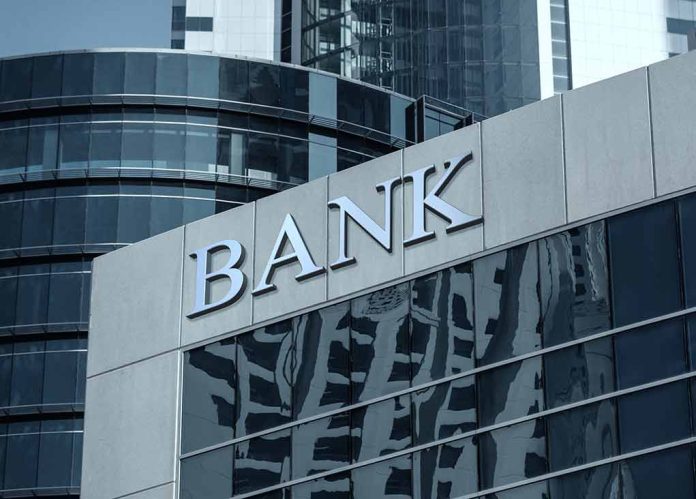
Customer Experiences and Complaints
We’ve all heard it before — big banks are too big to fail but never too big to care about the little guy. Well, it looks like Bank of America and Wells Fargo have some explaining to do when it comes to Zelle transactions. Customers have been voicing complaints about failed transactions and unresponsive banks, leaving many to wonder if their money is just vanishing into the ether.
One might think that for banks raking in billions, handling a simple transaction app like Zelle would be a piece of cake. Sadly, it appears that isn’t the case. Bank of America and Wells Fargo customers have encountered a plethora of issues ranging from unauthorized transactions to scams, and the subsequent customer service (or lack thereof) has been nothing short of a nightmare.
What Went Wrong?
The issues with Zelle are not a one-off occurrence. Over recent years, fraud and scams on Zelle have skyrocketed. Both Bank of America and Wells Fargo saw exponential increases in fraudulent activities involving Zelle, and resolving disputes has proven to be equally turbulent.
For instance, from 2021 to 2023, JPMorgan Chase, Wells Fargo, and Bank of America refused to reimburse customers a staggering $863 million in Zelle fraud claims. This includes $303 million from unauthorized transactions and $560 million from authorized but illicit transactions. Reimbursement rates for disputed Zelle transactions have taken a nose dive—from 62% in 2019 to just 38% in 2023.
Banks’ Response and Investigations
Naturally, this has caught the attention of lawmakers and the Consumer Financial Protection Bureau (CFPB). In fact, the CFPB is now investigating major U.S. banks, including JPMorgan Chase, Bank of America, and Wells Fargo, for their handling of customer funds and disputes on the Zelle Network.
Senator Richard Blumenthal has thrown his hat into the ring, calling for legislative changes to ensure fraud victims are rightfully reimbursed. While the banks seem more interested in reducing their financial losses than helping their customers, this sort of regulatory pressure may push them to take some responsibility.
Outcomes and Pending Investigations
So, what has been the result of all these investigations? As of now, not much has changed. There’s still a broad spectrum of unreimbursed claims and unsatisfied customers. However, the pressure from ongoing investigations could lead to changes down the line. Even JPMorgan Chase is reportedly considering legal action against the CFPB in response to the tide of scrutiny they are under.
JPMorgan, Bank of America, Wells Fargo, and other banks operating on the Zelle payments network aren’t doing enough to reimburse fraud and scam victims, a report from Senate Democrats said. https://t.co/7I1hc1STFv
— Bloomberg Law (@BLaw) July 23, 2024
Banks’ Concerns and Future Actions
To add another layer of complexity, Early Warning, the company running Zelle, claims that 99.5% to 99.9% of Zelle transactions are fraud-free. So, what gives? Are the banks just stiff-arming their customers to save money?
Bank executives argue that the focus should be on stopping fraudsters, not on reimbursing fraud losses. They posit that reimbursing fraud losses could lead to higher rates of scams and cost the financial sector billions. It’s a tricky balancing act: safeguarding customer trust while not becoming a bottomless pit for fraudulent claims.
Legislative Push
Lawmakers like Senator Blumenthal are pushing for reforms that would make reimbursement mandatory in cases of fraud, but whether those changes will go through remains to be seen. As of now, customers are left in a precarious situation, often doubting whether using P2P apps like Zelle and Venmo is worth the potential headache.
Quote from a report: “Banks are concerned that reimbursing fraud losses may lead to higher rates of scams and substantial financial costs, potentially in the billions.” Source – USA Today
Whether these efforts from the CFPB and lawmakers will result in tangible, customer-friendly reforms is anyone’s guess. But one thing is certain: the pressure is on, and hopefully, both Bank of America and Wells Fargo will start realizing that customer satisfaction isn’t just about convenience, it’s about trust.






















